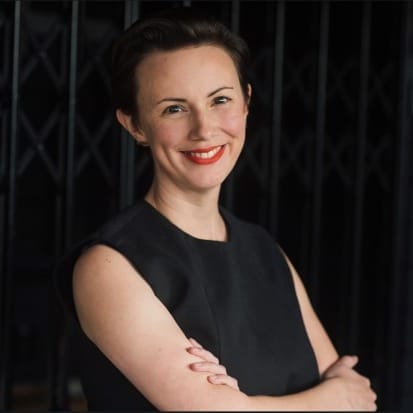How Future builds an audience before launching a new title
Facebook first: Before launching a new magazine, the publisher builds communities on social media and sets up a blog



Facebook first: Before launching a new magazine, the publisher builds communities on social media and sets up a blog


This article was migrated from an old version of our website in 2025. As a result, it might have some low-quality images or non-functioning links - if there's any issues you'd like to see fixed, get in touch with us at info@journalism.co.uk.
When consumer magazine publisher Future launched a new craft title called Mollie Makes two years ago, the new brand already had a loyal following, several thousand subscribers and was profitable by issue three.
Future had created a Mollie Makes Facebook page six months before the launch of the print and digital title, using the page to grow a loyal following, get feedback, and to make key contacts with not only potential subscribers, but with contributors and advertisers.
Not long before launch journalists working on the new title also started blogging about the subjects the new magazine would be covering. The team, a combination of editorial and marketing staff at Future, then announced Mollie Makes would soon have a life beyond Facebook, Twitter and a blog, and a print and digital title would be launching.
Other lifestyle titles launched by Future in the past two years have followed suit. N-Photo, Photography Week, The Simple Things, Simply Crochet and Gathered by Mollie Makes, a weekly iPad-only title, have since followed this type of Facebook first launch.
The team creates a page, on occasion pays for Facebook advertising, but the community essentially grows organically.
In January, Future launched Simply Crochet, which had started as a Facebook page several months earlier.
"We were posting projects, interesting designers that we were going to feature, stories and events, all in the right look and feel for the product," Katherine Radarecht, group publisher at Future, told Journalism.co.uk. "We then announced to the community we had built that we had a product rather than just a social media presence."
Radarecht and her team also built an audience before the launch of The Simple Things. "We started building an audience of people who are interested in growing their own vegetables, seasonal food, upcycling, recycling, by just posting interesting stories and establishing Twitter, Facebook, and then closer to launch, a blog, where we started putting content."
Facebook not only provides a community, but allows for research and development.
Referring to craft titles such as Mollie Makes, Radarecht said this type of prototype looping provides near real-time feedback and lets you "very quickly find out the level of ability people want projects to be and the sort of aesthetic they are after".
"You can see which posts create the most interest and most feedback," she explained.
Community building "definitely helps drive strategic direction", Radarecht said.
"It creates a buzz and you also get people who want to contribute to you magazine. Once they realise that it's a brand, writers and photographers and bloggers will make contact. It's not only a consumer community but it's also people who will contribute to the product and advertisers as the Facebook page allows us to create a dialogue with potential commercial partners."
And the early adopters, the community who were following the Facebook page or Twitter account before launch, help spread the word.
"It develops a brand loyalty and people like to be associated with things early on," Radarecht said. "They become our advocates and tell their friends."
The page then offers a marketing platform to the thousands of followers. "When we launch we can promote special subscription deals through the social network and we can get people to sample the product quite early," Radarecht explained.
Finding an audience early also removes some of the risk, and builds on the other product development work Future does before launching a new brand.
So has Future decided to ditch any planned launches based on a lukewarm reaction from a new community? Not so far, Radarecht said, adding that it may be a way the publisher operates in the future, using social media to test ideas before carrying out extensive market research.
Last week Future was named AOP Consumer Digital Publisher of the Year for third year running.